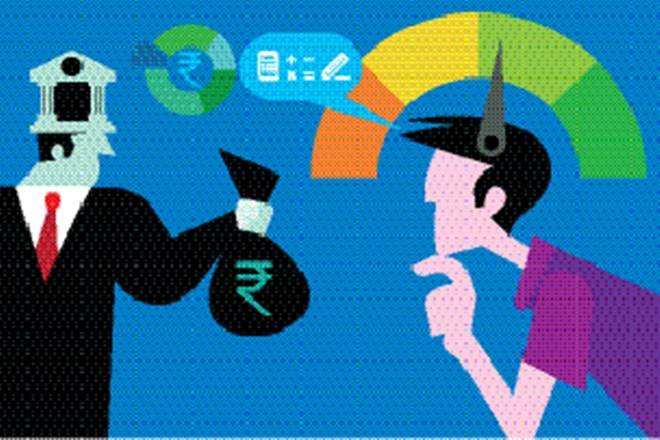Money
How is personal loan eligibility determined?

If you are looking for a personal loan, you are required to satisfy a set eligibility parameters that lenders command. Personal loans don’t require you to pledge any collateral with the lender — they’re unsecured — and this is precisely why lenders use a bunch of parameters to determine if you are worthy of credit. Note that understanding a consumer’s credit outlook is extremely essential for lenders to make a decision. After evaluating your profile against a set parameters, lenders employ risk-based pricing to determine the rate of interest on your loan. Individuals who’ve displayed high risk in managing their credit in the past will find it hard to get access to loans, and are usually offered a higher rate of interest than those who’ve had a neat credit history.
Personal Loan Eligibility: Here is how lenders determine if you are eligible for a personal loan:
Employment
The first parameter that lenders look at is your employment — whether you’re self-employed or salaried. Lenders prefer offering personal loans to individuals who have a stable way to earn their income.
Your credit score
Your credit score forms the most important parameter for lenders evaluating your loan application. Your credit score is basically a score that reflects how you’ve used credit in the past and what your current credit health looks like. The credit score is obtained from your credit report, and is influenced by many parameters including your total outstanding debt, the number of debt(credit) accounts, the length of your credit history, and your past repayments on existing loans/credit cards. A credit score of 600 is sufficient to qualify for personal loans from Fintech lenders.
Your repayment history
The next essential eligibility parameter that lenders look at very closely is your repayment history. Your repayment history shows how regular you’ve been with your past debt payments. It highlights instances of late payments and defaults to enable lenders to make an appropriate lending decision by comprehending what sort of credit management behaviour you’ve exhibited in the past. Any instance of default can severely jeopardize your approval chances for loans or credit cards.
Employment Experience
Your employment experience is the period of time you’ve spent being employed. Many private banks expect applicants to have a minimum work experience of 1-2 years, but Fintech lenders allow applicants with an employment experience of just 6 months to qualify. Being employed with a single employer for a prolonged period of time improves your creditworthiness, and if your employer is a reputed multinational firm, then even better.
Age
Most lenders require that your age falls in the range between 23 and 55 years. If you are at least 23 years old and don?t have a credit history yet, you can still qualify for a personal loan with a Fintech lender.
Income
Your monthly income is another important factor that influences not just your loan eligibility, but also the amount that lenders will offer you. Lenders have varied income eligibility criteria — Fintechs let you qualify for an income of Rs 18,000 per month, while some private banks demand an income eligibility criterion of Rs 25,000 or more.
Your employer categorization
Companies are categorized after their risk profile is evaluated, and are given a corresponding rating from A through D. Many a time, individuals working with companies that are classified under Category ?C? or ?D? find it difficult to get loans form top credit institutions. With the emergence of Fintech lenders in the market however, this scenario has changed, and employees working with uncategorized or unlisted companies can also avail instant credit. That said, if you’re employed with an unlisted or uncategorized employer, it is best to approach a Fintech lending institution to avoid rejection.
-

 Cryptocurrency2 weeks ago
Cryptocurrency2 weeks ago10 High-Potential Crypto Airdrops: December 2024 Edition
-

 Cryptocurrency2 weeks ago
Cryptocurrency2 weeks agoCrypto Whales are Buying This Gem at $0.125: Why You Should Too
-

 Cryptocurrency2 weeks ago
Cryptocurrency2 weeks agoTop 10 Sui Meme Coins to Watch in 2024: A High-Risk, High-Reward Opportunity
-

 How to2 weeks ago
How to2 weeks agoHow to Spot PAN Card Misuse: A Comprehensive Guide
-

 Money4 weeks ago
Money4 weeks ago5 Key Risks of Investing in Mutual Funds Every Investor Must Know
-

 How to2 weeks ago
How to2 weeks agoGet Your PAN 2.0: How to Reprint Your PAN Card with a QR Code










